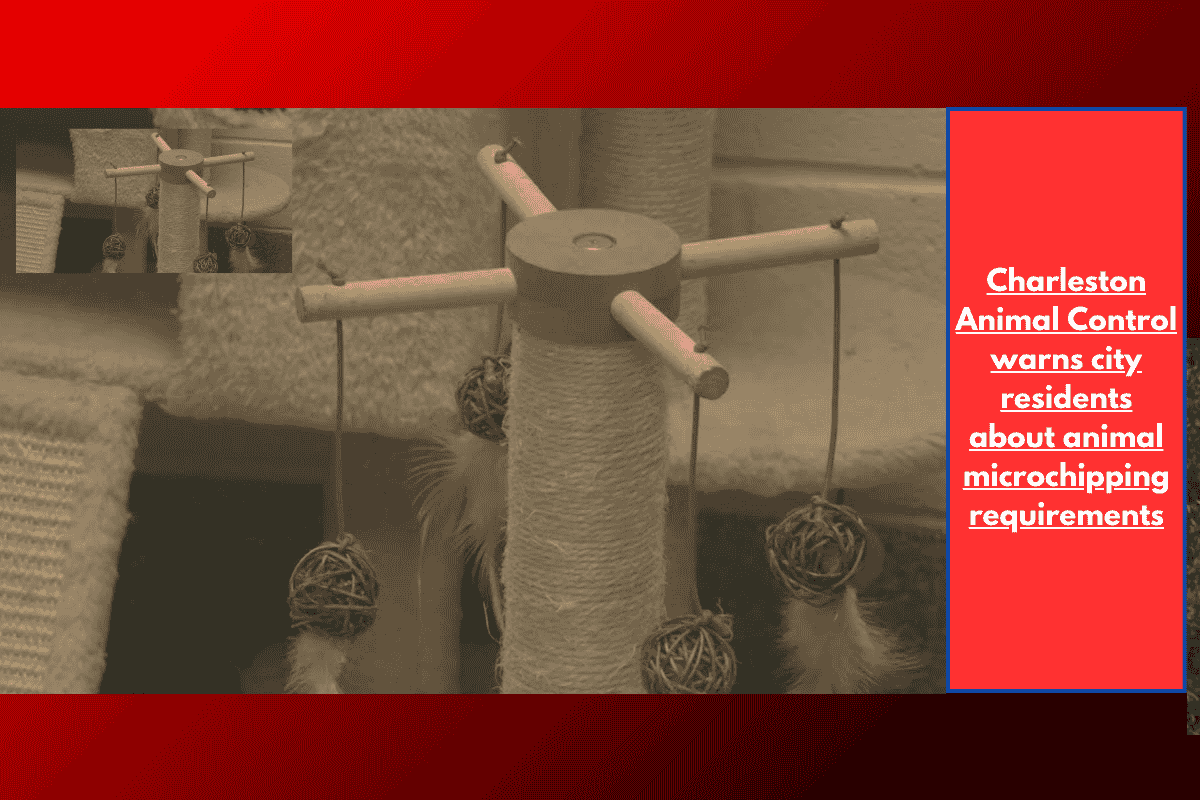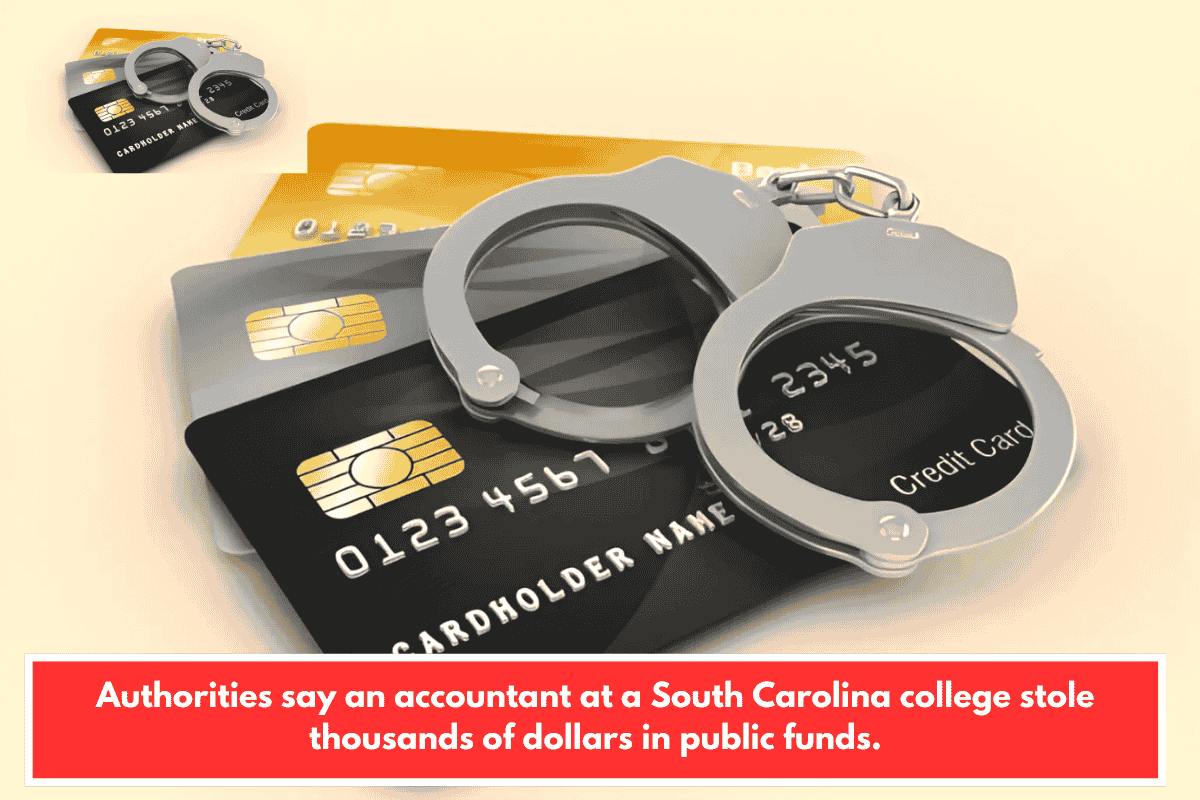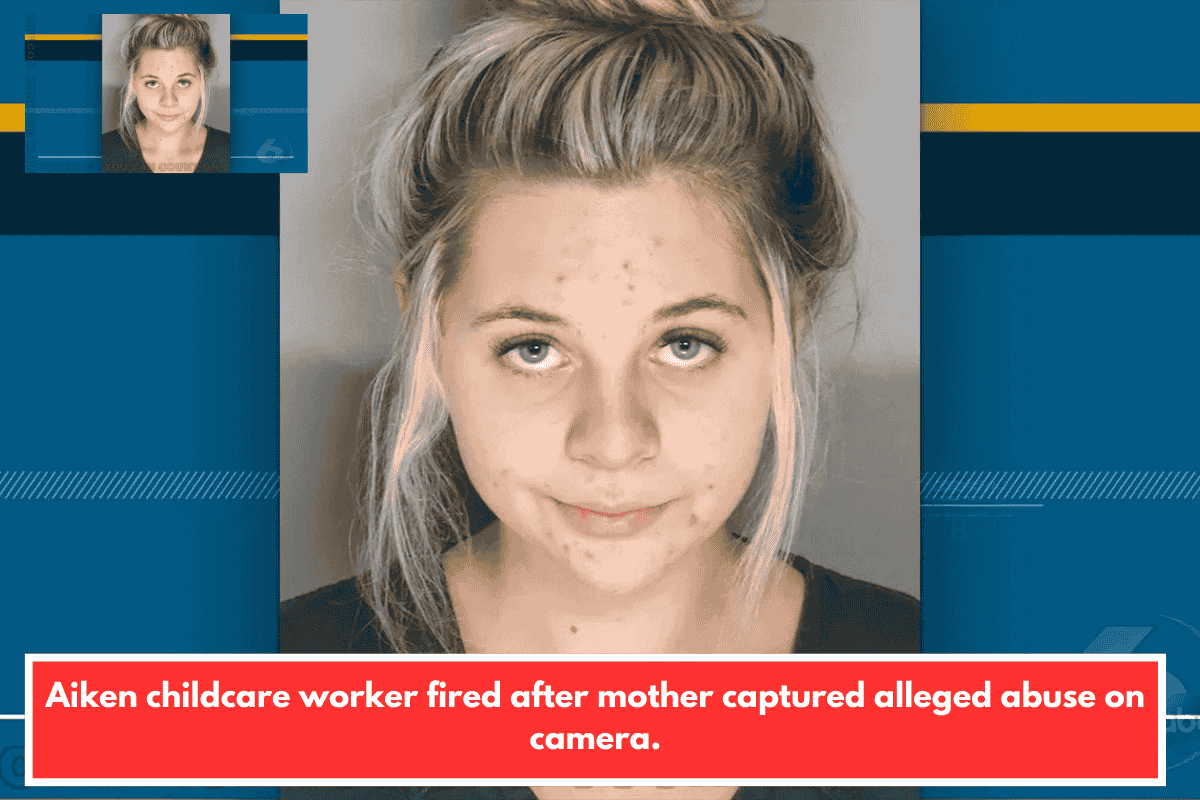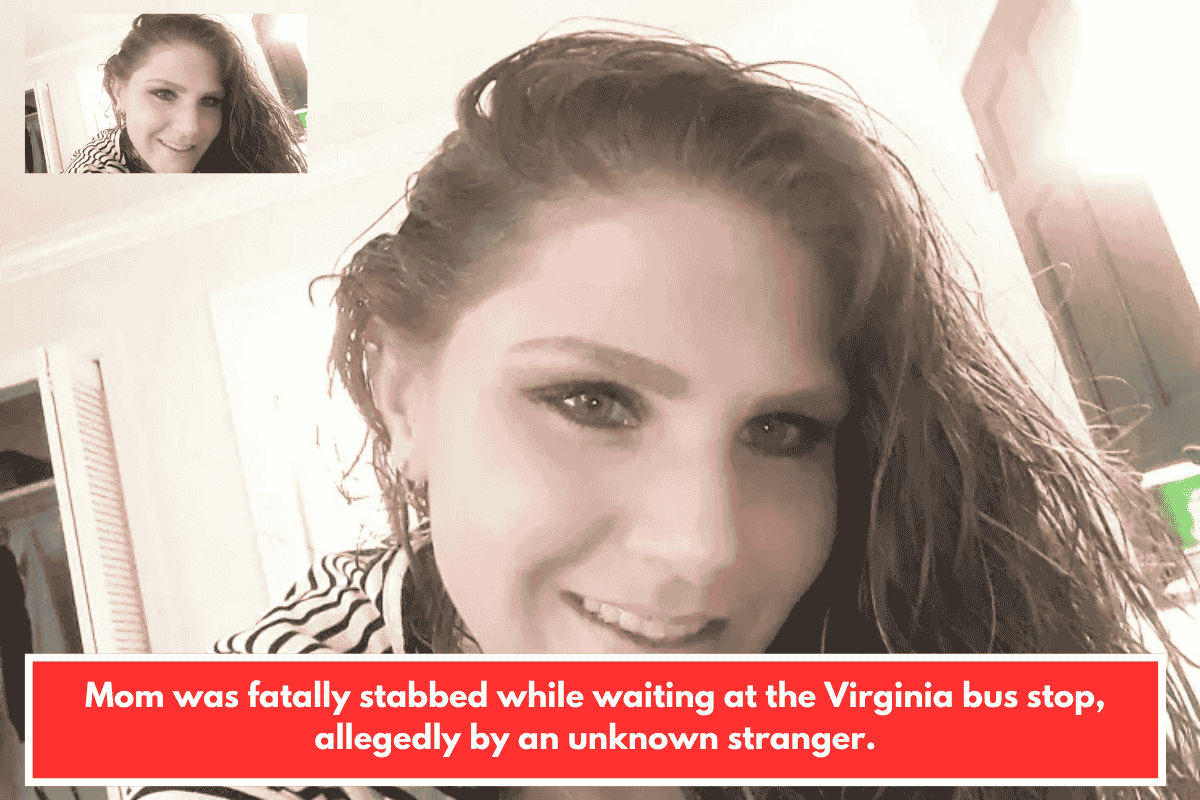In Charleston, South Carolina, pet owners are being reminded of an important responsibility: all dogs and cats must be microchipped or wear a collar with current owner information. This rule is part of a growing effort by the city to reduce overcrowding in shelters and quickly reunite lost pets with their families.
Why Microchipping Matters
Charleston Animal Control says many lost pets are picked up without any way to identify them. While collars can fall off or be removed, a microchip provides a permanent form of ID that greatly increases the chances of a happy reunion.
Animal Control Supervisor Courtney Bayles explains how microchips can make a difference in many situations—whether it’s returning a lost pet to its family or helping bring closure when an animal is found deceased.
“From the positive stories of reuniting lost pets to helping families find closure, microchips are a critical tool,” Bayles said. “Even in animal cruelty investigations, having ownership information helps.”
Current Law and Possible Changes
Under Charleston’s current law, pets over four months old must be microchipped or wear a collar with up-to-date contact details. However, local shelters say microchips can safely be inserted as early as eight weeks old, and many animal organizations do so as part of their adoption process.
The city is expected to update the current ordinance to make the language clearer and give shelter workers more authority to microchip stray or unclaimed animals. This update would also support shelters that are already under pressure due to high numbers of stray animals.
The Numbers Tell the Story
Animal control reports that only about 40% of the animals they find are microchipped, while 60% are not. Without a chip or tag, it becomes much harder to track down the owner.
“If we can’t identify the pet, nine times out of ten, they end up in a shelter,” Bayles said. “We do try everything—social media, lost and found groups, even scanning for repeat escapees—but without a chip, it’s a gamble.”
For pets, shelters can be stressful and overwhelming. The city hopes that increased awareness and compliance with the microchip requirement will help ease shelter overcrowding and ensure more pets get home faster.
Low-Cost Microchipping Available
To help pet owners comply, Pet Helpers offers low-cost microchipping every Wednesday through appointments. The organization also automatically microchips every animal they take in.
JJ Steele, Pet Helpers’ marketing director, urges pet owners to act before it’s too late.
“If a dog is lost or stolen, a microchip is often the fastest way back home,” Steele said. “Shelters are overcrowded. The community needs to be part of the solution—not just animal control.”
Steele adds that reducing shelter numbers isn’t just the responsibility of shelters or rescue workers—it’s something every Charleston resident can help with by taking proactive steps to keep their pets safe.
Charleston’s push for microchipping isn’t just about following a rule—it’s about protecting our pets and making sure lost animals return home safely. Microchipping is a simple, affordable, and effective way to prevent heartache and reduce the strain on local shelters. Whether your pet is young or old, now is the time to take action. Every pet deserves a way home—and microchips help make that possible.














